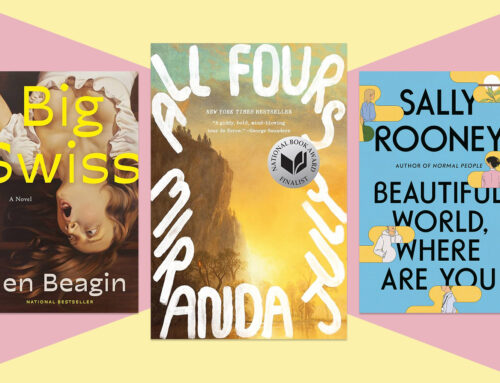The start of my journey with gaming can be summarized like this: I watched Pewdiepie play The Last of Us, and everything changed.
At the time, I only considered gaming in the scope of men, something out of reach, not meant for a girl like me. I was familiar with FPS (first-person shooter) titles such as Call of Duty and CS:GO, games with a majority male player base, never thinking that I could be a part of this community too. Once I discovered gaming on YouTube and fell in love with specific creators, I realized that gaming can be something beautiful. More so, gaming can be whatever you want it to be.
For the next few years, I kept my love for gaming mostly to myself. I wasn’t ashamed of my interest, but no one ever considered me—a fashion-obsessed girl who wore heels to class—to be a secret gamer. Eventually, I became fully immersed in video game knowledge, with my favorite genre being story games. Whenever I’d admit the full scope of my passion, detailing all the titles I have under my belt, I had guys tell me, “Wow, it’s really cool that you like video games and you’re a girl.”
My love for gaming started with Pewdiepie, a guy in his bedroom who cried over the ending of The Walking Dead and gave attention to indie games that deserve more popularity. When I discovered Twitch, a live streaming service for gamers, I wanted to be the Pewdiepie for my younger self, who never would’ve discovered such a diverse community otherwise. I was inspired by streamers such as Pokimane, the biggest female creator on Twitch, to give visibility to girl gamers. Women who game are everywhere, but they are treated like some rare, exotic species, with men constantly accusing women as being “fake gamers.” While certain games have a sizable gender disparity, girl gamers are not as scarce as perceived to be. I wanted to normalize females in gaming.

The more invested I became in my Twitch career, I noticed that a lot of the biggest female streamers were “titty streamers,” girls who outwardly displayed their body to achieve greater popularity. While I have no problem with these women – their bodies, their choice – they give people the wrong impression about how girls work on Twitch. I always hear about how women have it easier. While it’s true that we have a greater clickability than men, we also aren’t taken seriously enough, with harassment in chat being a major issue. While I’m used to those sexual comments now, this culture discourages women from starting a stream out of fear of online abuse. Not to mention that looking at the biggest streamers on the platform, they are all men. If women really have that great of an advantage, then why is Pokimane the only girl of her size on Twitch?
My qualms with Twitch aside, I must highlight how wonderful it is to foster my own community, where I finally have found acceptance for my full-force self, who is loud and crass and arguably annoying. While in my personal life I’m labeled as the rare gamer girl, I have found myself amongst creators and viewers who believe in me. I don’t have to be feminine and delicate for them; I can be whoever I want to be.
Amidst a time of heartbreak and confusion, Twitch was how I finally felt like myself again. I clicked “start streaming” and I could forget about all of the turmoil in my personal life. What brought me happiness was not simply the act of gaming; it was all of my viewers who listened to me, who did not prod more than they should have, who supported me even though they did not know what was going on.
Twitch was there for me when I couldn’t be there for myself.




